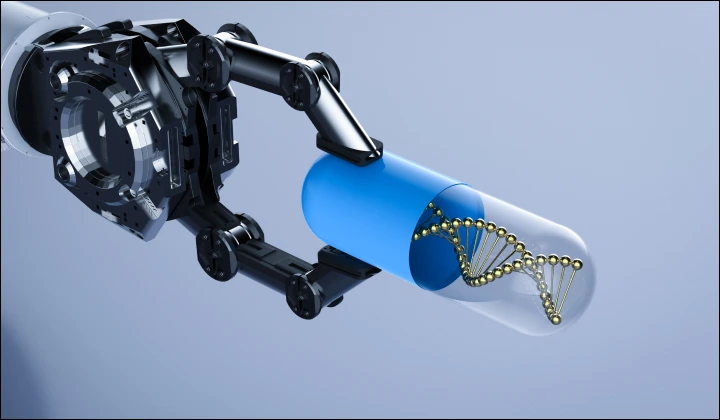The Pharma Reality Check
Let’s start with what’s already familiar:
➜ Trial protocols deviate in multi-site studies without timely flagging
➜ Regulatory teams spend weeks compiling literature for filings
➜ QA teams manually review dozens of PDFs, spreadsheets, and logs
➜ Signal detection relies heavily on manual review
➜ Submissions often stretch timelines due to coordination gaps
➜ Supply chain delays affect downstream production
Many of these delays are rooted in how data is gathered, processed, and acted upon.
This is exactly where AI agents in pharma offer relief. Not by replacing experts, but by reducing the manual load on them.




 12 mins
12 mins











 Talk to Our
Consultants
Talk to Our
Consultants Chat with
Our Experts
Chat with
Our Experts Write us
an Email
Write us
an Email





